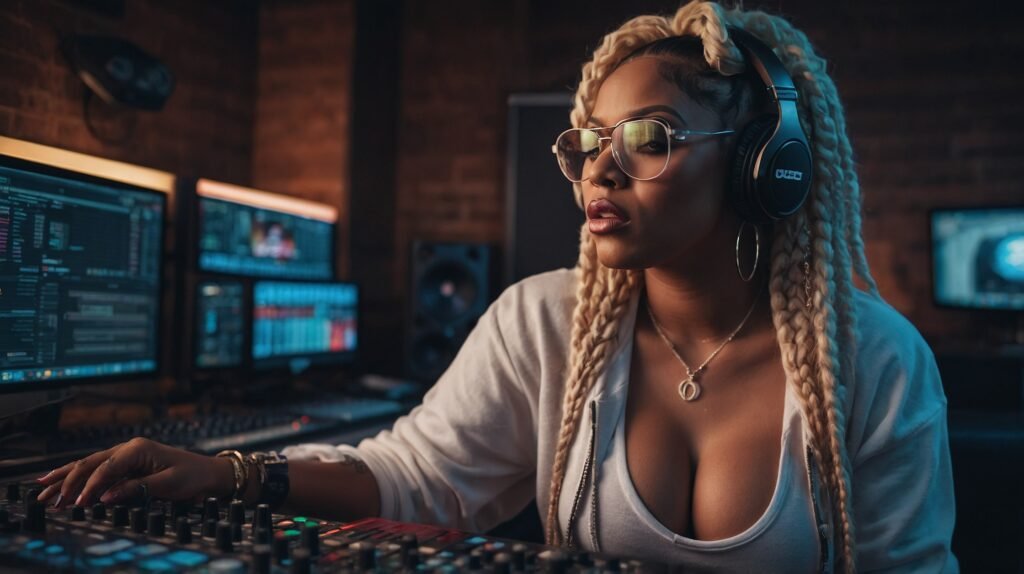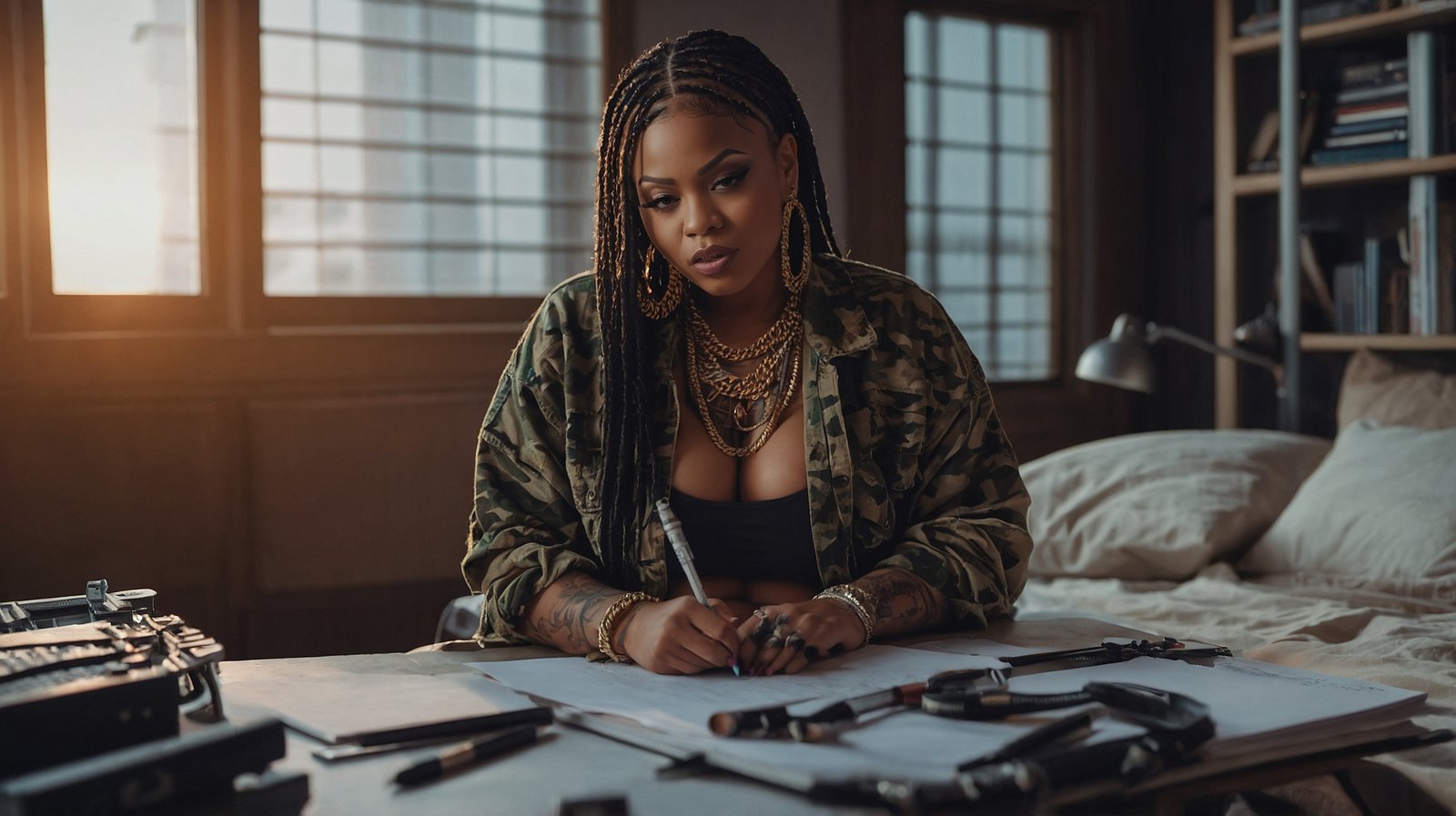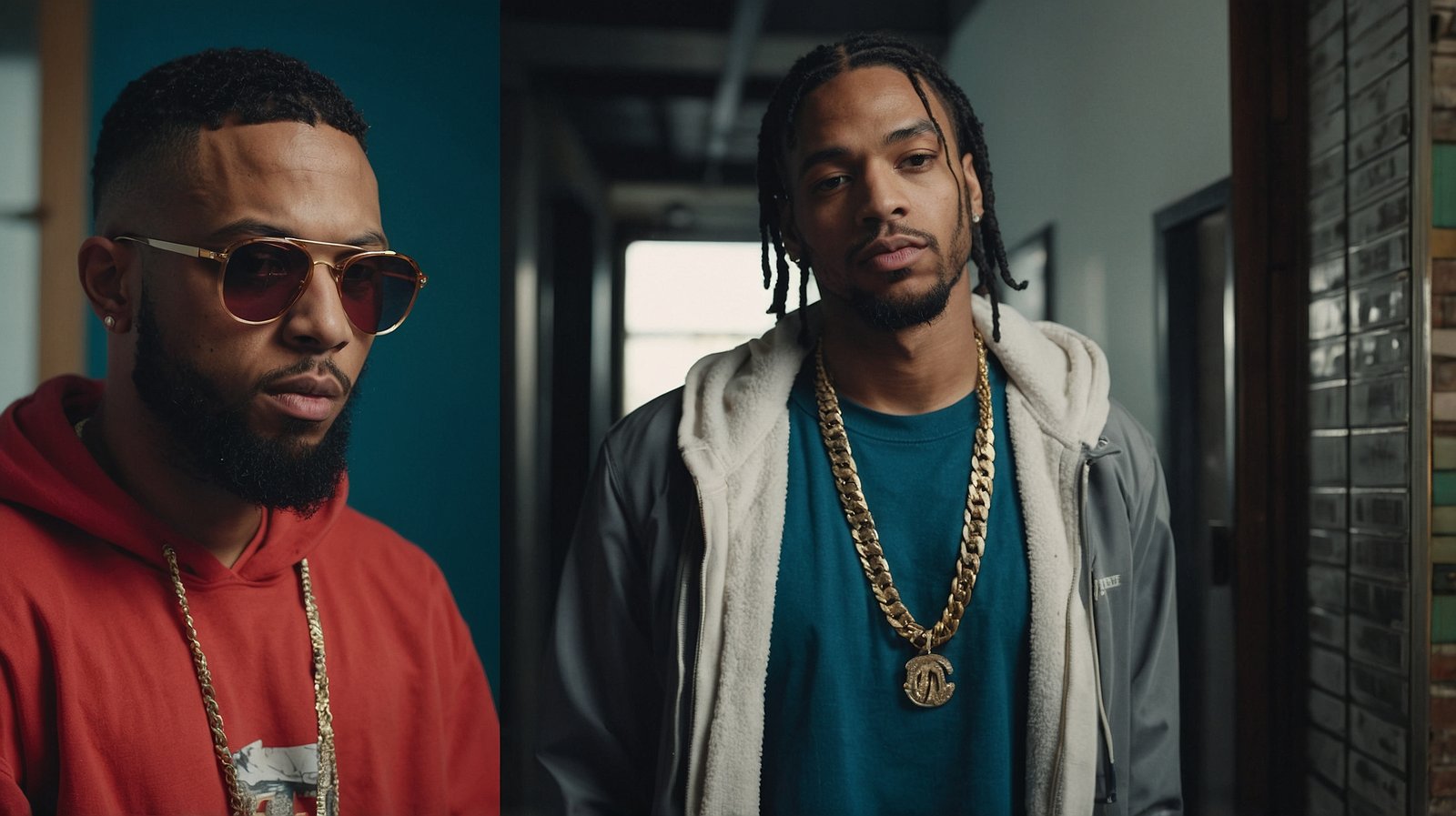So, you’re ready to buy your first beat and start releasing music—but now you’re faced with multiple licensing options, and you’re not sure which one is best for you. Should you lease a beat? Should you buy exclusive rights? What happens if you pick the wrong license? 🤔
Choosing the right beat license is one of the most important decisions you’ll make as an artist. It affects how you can use the beat, whether you can monetize your music, and if you own full rights to your song.
In this guide, we’ll break down:
✅ What a beat license is & why you need one
✅ The differences between Standard (Non-Exclusive) and Exclusive Licenses
✅ How to choose the right license based on your budget & career goals
By the end of this article, you’ll have a clear understanding of what license works best for you—so you can confidently buy a beat and start releasing music! 🚀🎧
What Is a Beat License & Why Do You Need One? 🤝
A beat license is a legal agreement between the producer (Licensor) and the artist (Licensee) that gives the artist permission to use the beat under specific conditions.
Even though you’re buying a beat, you’re not buying the beat itself—you’re buying the right to use it. The type of license you choose will determine:
✔️ Where you can distribute your song (Spotify, YouTube, etc.)
✔️ How many streams or sales you’re allowed
✔️ If you own exclusive rights or if others can use the beat too
✔️ Whether you need to pay royalties to the producer
Not all licenses are the same, so choosing the right one is key to ensuring you can legally release your music.
The Two Main Types of Beat Licenses 🎟️
There are two main types of beat licenses:
1. Standard (Non-Exclusive) License
A Standard License (also called Non-Exclusive License) means the beat is leased to multiple artists, and the producer retains ownership.
✅ Pros:
✔️ Cheaper than an exclusive license.
✔️ Allows you to release & monetize your song legally.
✔️ You can test the market before committing to a bigger investment.
❌ Cons:
- You don’t own the beat—other artists can also use it.
- There are limits on sales, streams, and monetization.
- If another artist buys the exclusive rights, you may not be able to upgrade later.
2. Exclusive License
An Exclusive License gives you full ownership of the beat—no one else can buy or use it once you purchase it.
✅ Pros:
✔️ You own the beat exclusively (it’s removed from sale).
✔️ Unlimited rights—no limits on streams, sales, or monetization.
✔️ Perfect for serious artists who want full control over their music.
❌ Cons:
- More expensive (can range from $500–$5,000+ per beat).
- Not always necessary if you’re just starting out.
How to Choose the Right License for You 🎯
Now that you know the difference between Standard & Exclusive licenses, let’s break down which one is best for your situation.
1. Are You a New Artist on a Budget? 💰
If you’re just starting out and testing your sound, a Standard License is the best option.
✔️ It’s affordable (starting around $30–$100).
✔️ You can legally release and monetize your song.
✔️ It gives you a chance to build momentum without a big financial risk.
🔑 Best choice: Standard (Non-Exclusive) License
2. Do You Plan to Release a Lot of Music? 🎶
If you’re an artist who records multiple songs and likes to experiment, leasing multiple beats is more cost-effective than buying exclusives.
✔️ Non-Exclusive Licenses let you create more music on a budget.
✔️ You can test which songs gain traction before investing in exclusive rights.
✔️ You can always upgrade later if your song takes off.
🔑 Best choice: Standard (Non-Exclusive) License (until a song starts gaining traction).
3. Is Your Song Going Viral or Making Money? 📈💰
If your song starts blowing up (high streams, social media buzz, radio play, etc.), you should upgrade to Exclusive Rights before someone else does.
✔️ Protect your song from takedowns or beat re-sellers.
✔️ Secure full ownership to maximize future profits.
✔️ Avoid losing the beat to another artist who buys it exclusively.
🔑 Best choice: Upgrade to an Exclusive License ASAP.
4. Do You Want Full Control & Ownership? 🔒
If you want 100% control over your song’s future—no limits, no competition, and no risk of losing the beat—you need an Exclusive License.
✔️ You can monetize unlimited streams, sales, and sync placements (TV, film, ads).
✔️ No one else can use the beat after you purchase it.
✔️ It’s a long-term investment that secures your music career.
🔑 Best choice: Exclusive License (if you’re serious about your music career).
Final Comparison: Standard vs. Exclusive License 🏆
| Feature | Standard License 🏷️ | Exclusive License 🎤 |
|---|---|---|
| Price | 💲 Affordable ($30–$100) | 💰 Expensive ($500–$5,000+) |
| Ownership | 🚫 No (beat can be resold) | ✅ Yes (you own it 100%) |
| Monetization Rights | ✅ Yes (but limited streams/sales) | ✅ Yes (unlimited) |
| Streams & Sales Limits | 🔴 Limited (e.g., 50K–100K streams) | ✅ Unlimited |
| Can Be Purchased by Other Artists? | ✅ Yes | ❌ No (removed from sale) |
| Can Be Used for TV, Film, Ads? | ❌ No | ✅ Yes |
| Best For | Independent artists on a budget | Serious artists who want full control |
🔑 Key Takeaway:
- If you’re just starting out, get a Standard License.
- If your song blows up, upgrade to an Exclusive License ASAP.
- If you want full control from the start, buy Exclusive Rights.
Final Thoughts: Invest in the Right License for Your Music Career 🎧🚀
Choosing the right beat license depends on your budget, your goals, and how serious you are about your music.
💡 The best strategy? Start with a Standard License, promote your song, and upgrade to Exclusive Rights when your music starts making waves.
✅ Leasing lets you create more music without overspending.
✅ Exclusive Rights give you full control over a hit song.
🔥 Ready to take your music career to the next level? Browse beats and secure your license today! 🎶💰



